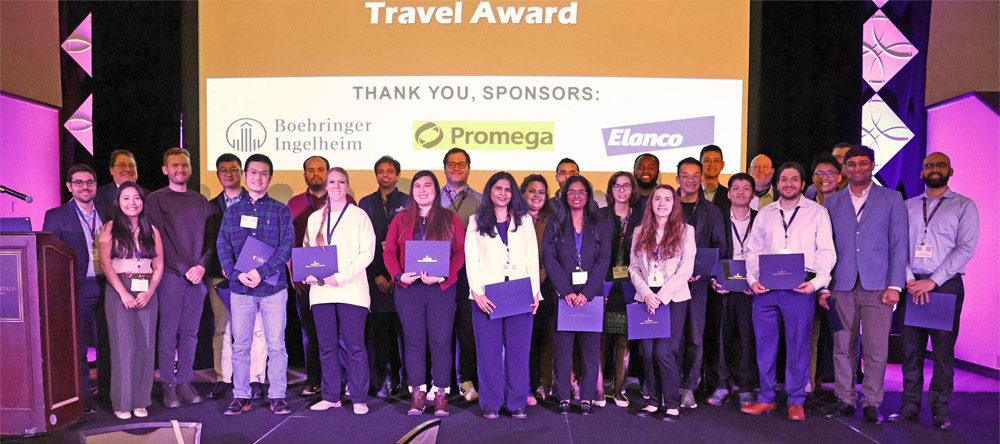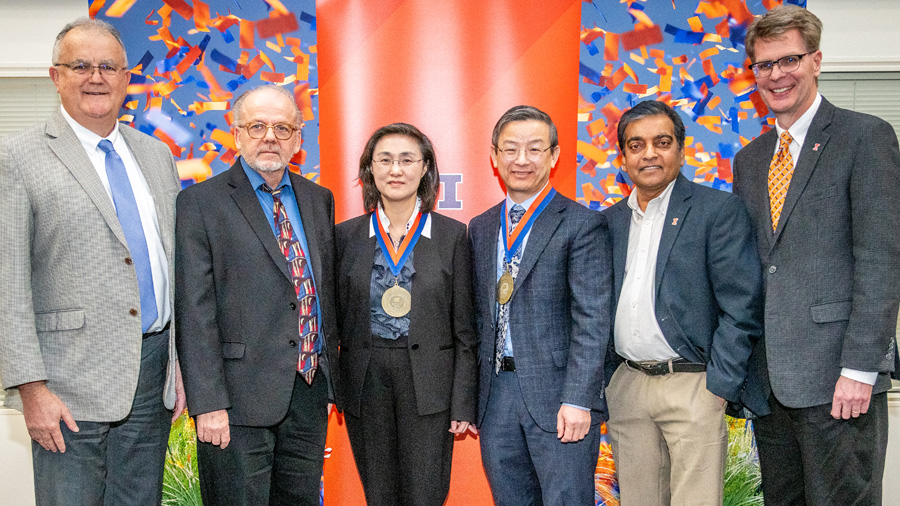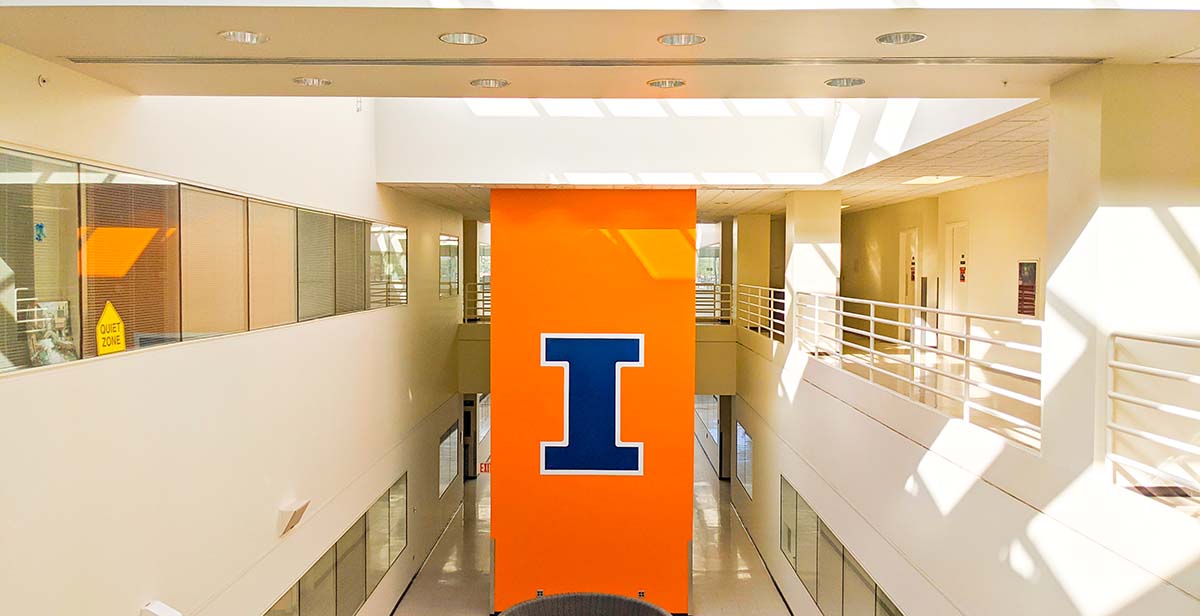
When Brianna Huff was younger, she had a pet chinchilla, Cuddles, that faced numerous health issues. While accompanying Cuddles to a series of veterinarians for help, Huff developed an interest in non-traditional species that has only continued to grow.
Being an Advocate
Huff has always been intrigued by the fact that veterinary patients cannot communicate with doctors to tell them what’s wrong. Zoo and wildlife patients in particular, unlike animals that have owners, “need someone to be able to advocate for them.”

“It’s a lot like a puzzle,” Huff said. “We [veterinarians] have to fit all of the pieces together to figure out what’s going on.”
Volunteering at a wildlife clinic as an undergraduate solidified Huff’s decision to pursue veterinary school.
“Seeing how much of an impact we can make in advocating for those animals, along with the excitement of working with those species, made me want to pursue zoo medicine and work with non-traditional species,” she said.
She began working at the college’s Wildlife Medical Clinic when she entered veterinary school, eventually becoming a student manager. In this role, Huff taught student volunteers and advised them on cases. She also gained lots of hands-on experience in diagnostics, radiography, and even scrubbing into surgeries.
“It was a cool experience because not only did I get to contribute to other students’ education, but I also got to work with a ton of people that enhanced my education.”
Progressing through veterinary school, Huff arranged multiple zoo medicine externships, from caring for beluga whale calves at the Shedd Aquarium to participating in dolphin anesthesia at the Indianapolis Zoo.

Leading in Other Ways
Huff’s leadership at Illinois was not confined to wildlife: she was also active on the Open House committee, the World Aquatic Veterinary Medical Association, the Non-Traditional Species Club, and the Illinois student chapter of the American Association of Feline Practitioners.
Additionally, she served as her class’s student representative to the Illinois State Veterinary Medical Association. That role taught her about organized veterinary medicine and legislative issues relevant to the profession. She also helped with the ISVMA’s mentorship program, which matches practicing veterinarians in Illinois with Illinois veterinary students.
Support at Illinois

Entering her clinical year of study, Huff deeply appreciated how much she learned from the clinicians she worked with.
“It was amazing for me to have that transition to clinics because it’s so daunting going from a classroom, where you’ve got everything on paper and can look everything up very easily, to a clinical setting where you were not thinking like a doctor before,” Huff said.
“It is very evident [the clinicians] all want us to succeed and grow into these amazing doctors.”
She also appreciates the opportunities to experience any avenue of veterinary medicine that interested her and to explore her externships that helped solidify her interest in institutional zoo medicine.
Faculty mentors guided her to the next steps in that career path, and she was able to apply for the matching internship program.
“It’s daunting but very exciting,” Huff said.
Next Step: Dr. Huff

After graduation, Huff will begin a small animal rotating internship at BluePearl Pet Hospital in Franklin, Tennessee. “What makes me most excited is that while I’m not working with the species I want to work with, it’s going to let me solidify those foundational skills as a doctor.”
For example, she’ll learn what it’s like to be called “Dr. Huff” and she’ll make decisions and handle primary case management. The year will build her confidence as a doctor before she moves on to specializing in zoo species.
Huff reflects that despite all the activities she pursued at Illinois, she never felt alone during the process.
“I’ve always felt like I’ve had someone there cheering me on and being there to support my goals,” she said. “The community in Illinois got me to where I am, truly.”
By Megan Krok




